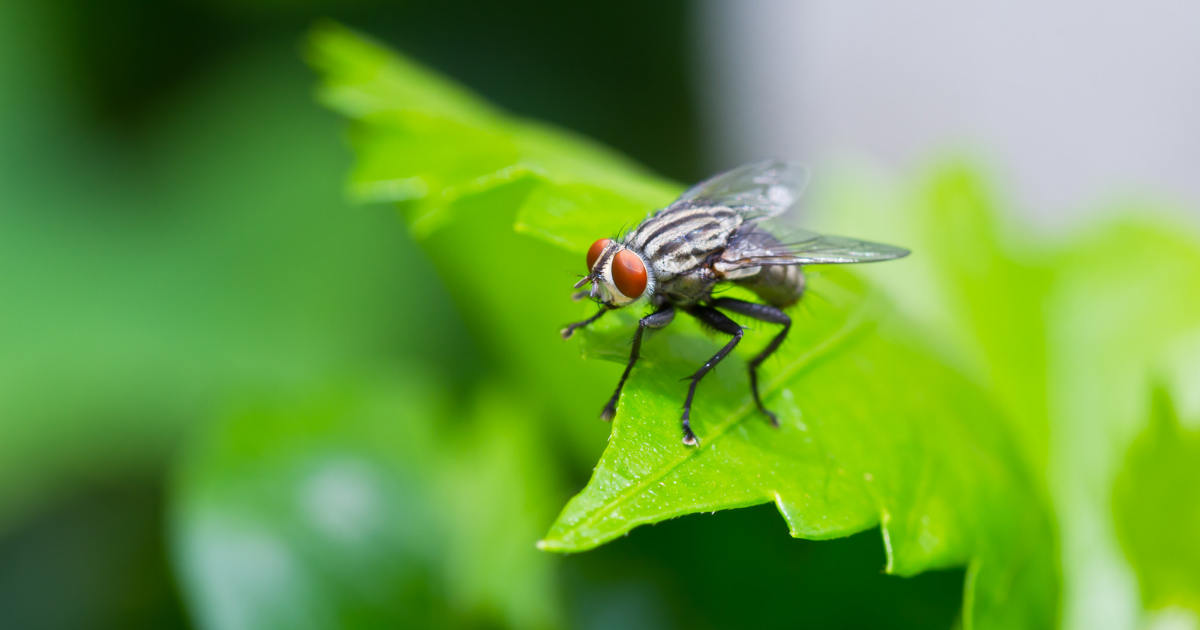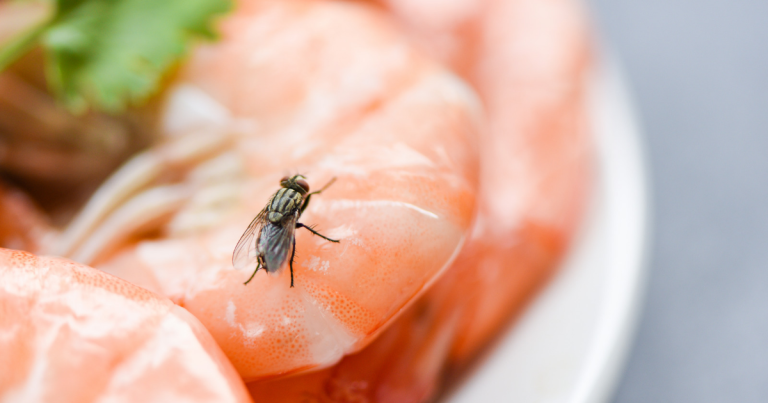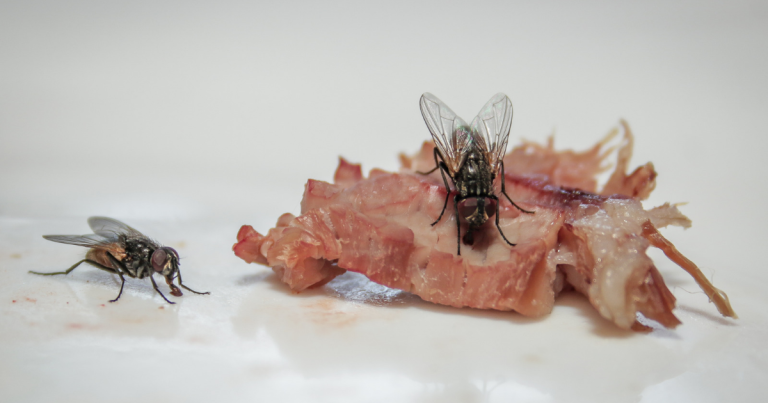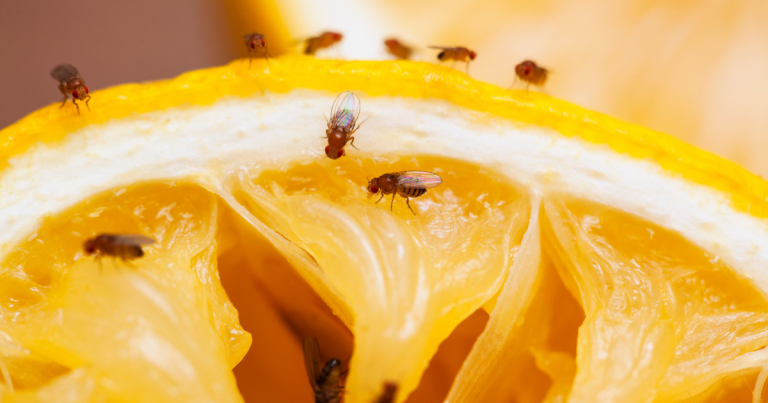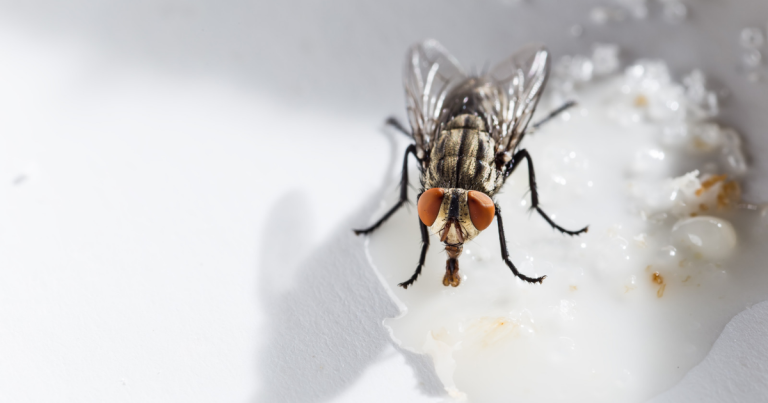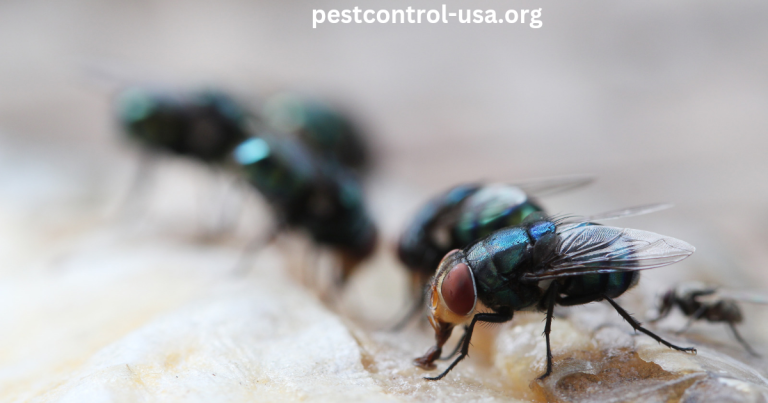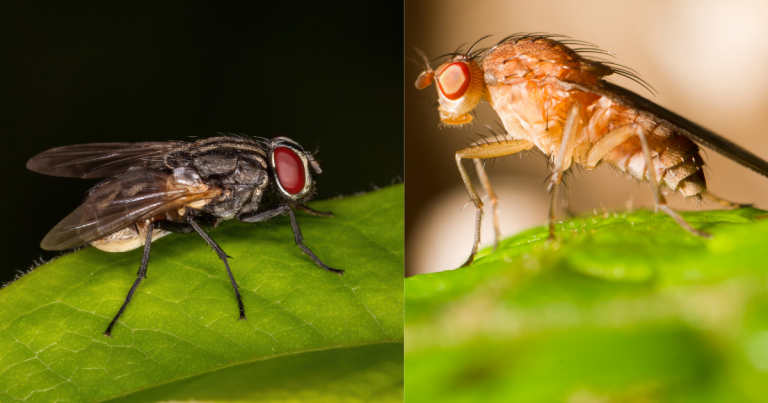At first glance, flies might not seem dangerous. They’re small, they don’t bite, and they don’t carry any diseases…or do they? As it turns out, these little creatures can actually be quite harmful. Keep reading to learn more about the dangers of flies and how you can protect yourself from them.
Flies Carry Diseases
While flies themselves don’t carry diseases, they are capable of transmitting diseases from one place to another. This is because they often land on contaminated surfaces before landing on food or other surfaces where people will come into contact with them. Some of the diseases that flies can transmit include food poisoning, dysentery, and Typhoid Fever.
Flies Promote decay
Another danger of flies is that they promote decay. This is because they feed on decaying matter, such as garbage, animal waste, and dead animals. When they feed on these things, they transfer bacteria to their mouths and digestive tracts. These bacteria can then be transferred to other surfaces when the fly lands on them. In addition to promoting decay, this can also lead to the spread of disease.
Flies Are A Nuisance
While not necessarily dangerous, flies can be extremely annoying. They fly around your head, land on your food, and generally make a nuisance of themselves. If you’re trying to enjoy a meal or have company over, having a fly in the house can ruin the experience for everyone involved.
Conclusion
As you can see, there are several dangers associated with flies. They can transmit diseases, promote decay, and be downright annoying. So what can you do to protect yourself from them? The best defense against flies is cleanliness. Keep your house clean and free of garbage and animal waste to discourage them from taking up residence inside. And if you’re outdoors enjoying a picnic or barbecue, be sure to keep your food covered so that flies don’t have a chance to land on it. With a little effort, you can keep these dangerous pests at bay!
FAQs
Flies are a nuisance insect that not only annoys us but can also transmit diseases. To help you keep these pests under control, we’ve answered some of the most frequently asked questions about flies.
What smells will keep flies away?
There are a few scents that have been known to effectively repel flies including citronella, eucalyptus, lavender, lemongrass, and peppermint. You can find fly-repelling products that contain these scents at your local home improvement store.
What attracts flies to your house?
Flies are attracted to food and garbage. Make sure to keep your kitchen clean and free of crumbs, and be sure to take out the trash regularly. If you have a pet, make sure to clean up their food and water dishes as well.
What causes a lot of flies in the house?
If you’re seeing a lot of flies in your home, it’s likely because there’s something attracting them inside. Once you’ve figure out what that is (see above), you can take steps to eliminate it. If you’re still seeing a lot of flies, it might be time to call a pest control professional.
How long do House flies live?
The average lifespan of a house fly is around two weeks. However, in favorable conditions, they can live up to two months.
Where do House flies lay eggs?
Female houseflies generally lay their eggs near sources of food. This could be in your kitchen, near your pet’s food dish, or even in your bathroom if there are organic materials present. Once the eggs hatch, the larvae will feed on the same material until they mature into adults.
Does vinegar keep flies away?
Vinegar is an effective natural Fly repellent because Flies dislike its strong smell. You can make a simple fly trap by filling a bowl with equal parts vinegar and water and adding a drop or two of dish soap (this will break the surface tension so the flies will drown). Place this bowl near where you’ve seen the most fly activity and wait for them to be drawn in by the vinegar scent—then watch them die!

